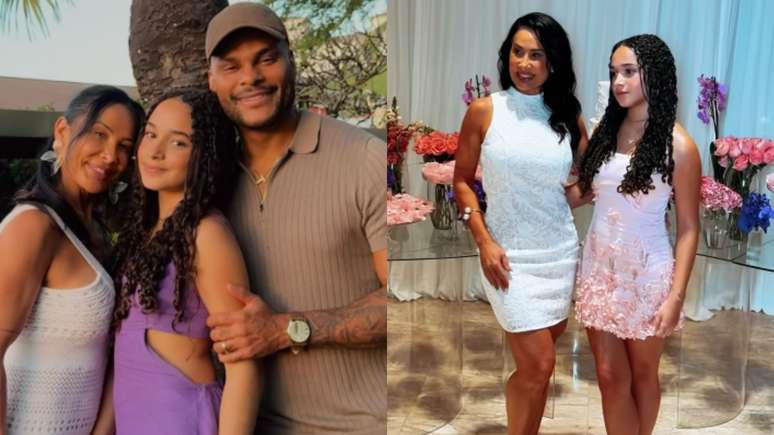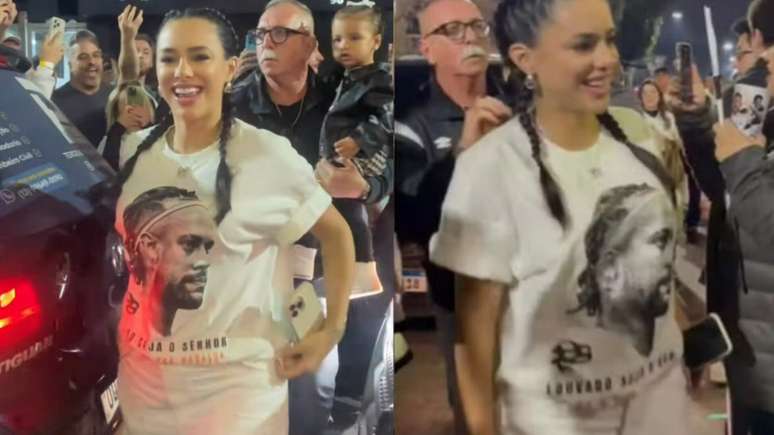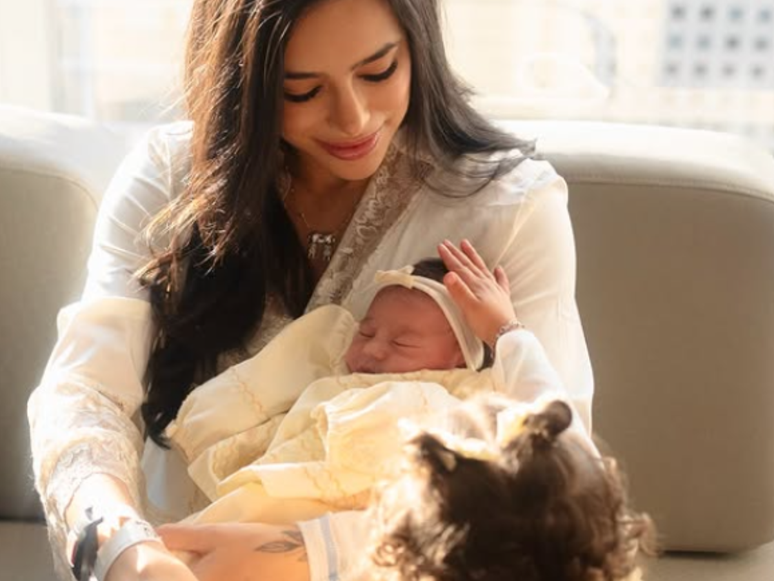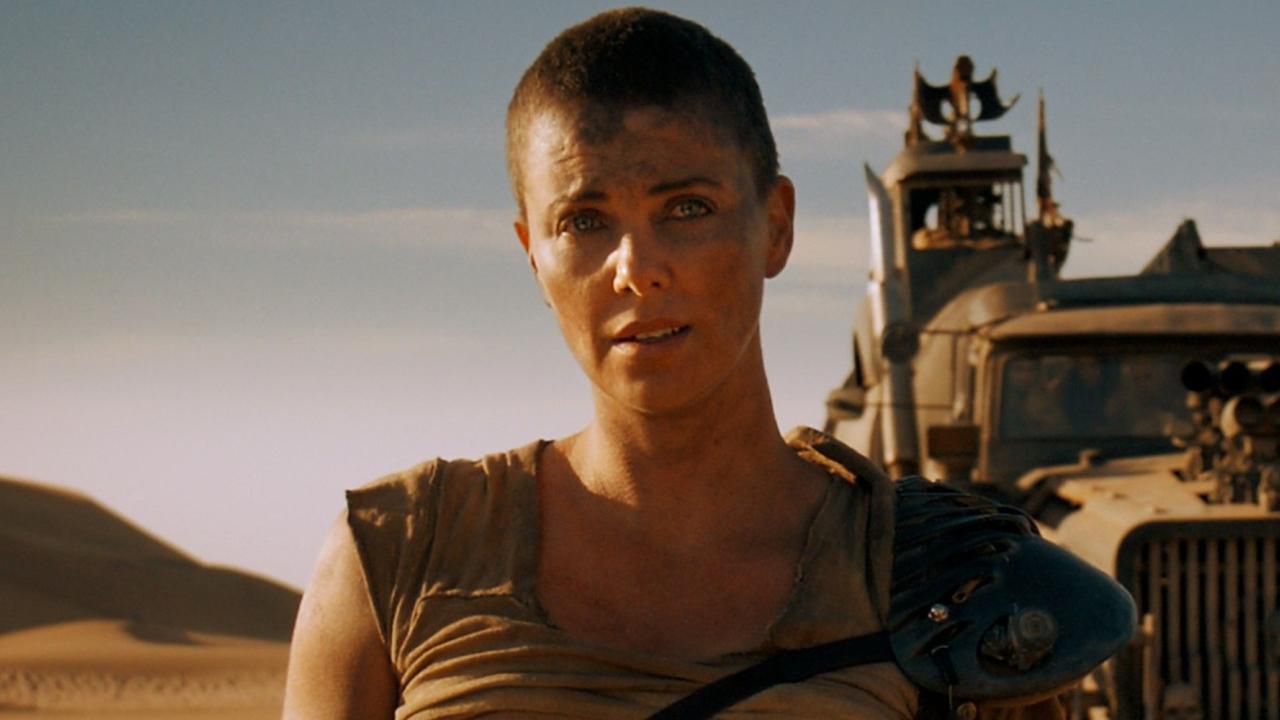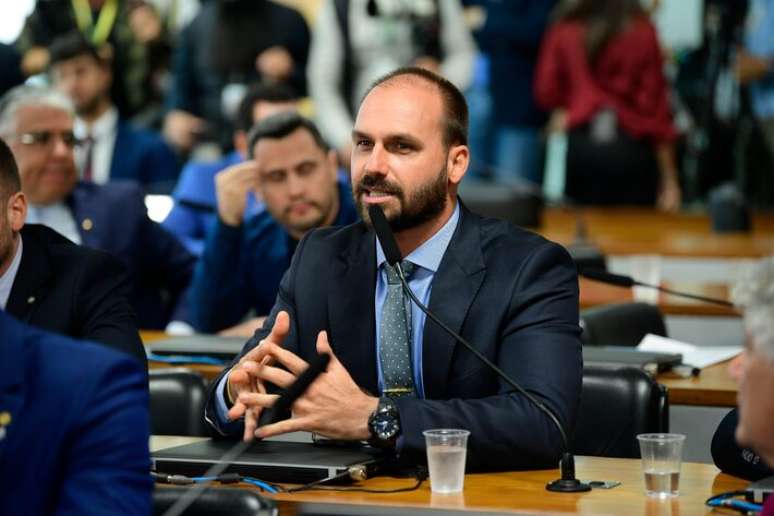The reporter reports difficult career situations, evaluates the launch of a new book and prepares to complete a 30-year career
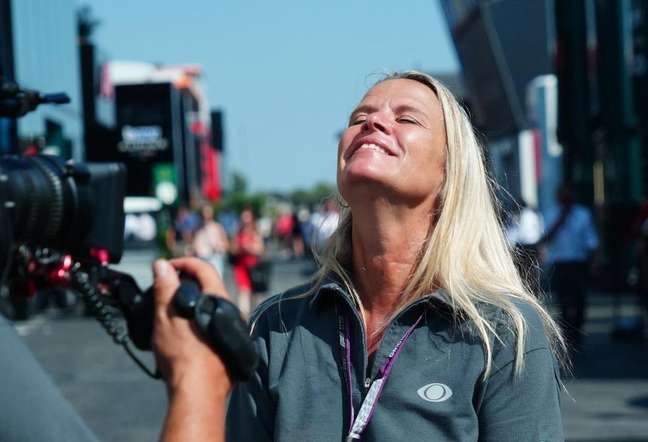
On the eve of her 30-year career, Mariana Becker has a lot to be proud of. For many, a reference when it comes to coverage in Formula 1, the journalist has covered major awards since 2008, has a stamped passport and shares her adventures in the book “Não Inventa, Mariana”.
Launched a month ago by Editora Labrador, the first sale of the work is already sold out. Mari Becker, as she is affectionately referred to by her collaborators, is now considering the possibility of a second edition. “The material is not lacking”, she guarantees her.
The free spirit that supports the book’s title was stimulated by his father, José Alberto Becker. By encouraging his daughter’s wishes, he imposed only one condition: that she be serious about what he set out to do.
The result is evident. Becker began his sporting career covering the World Surfing Tour, between 2003 and 2004, and has followed Formula 1 since 2008. Initially at the Globo, when he stayed until the end of the 2020 season, he emigrated to Band in 2021 together. the rights of transmission modes.
But her father’s encouragement did not protect her from the machismo she would find in sports.
“I only discovered the power of prejudice when I started working. I asked myself, ‘Why is this person talking to me like that? Why can’t I do something like that?’. I didn’t know how to deal with it. I wasn’t prepared for that.” he admits. .
A notable episode, still early in his career, was in a stage of the World Surfing Championship. “I said, ‘You can’t do this to me.’ He argued that before I was all nice and now I didn’t want it. I said, ‘Being nice is one thing, putting your hand on me is another,'” he recalls.
Read the full interview below.
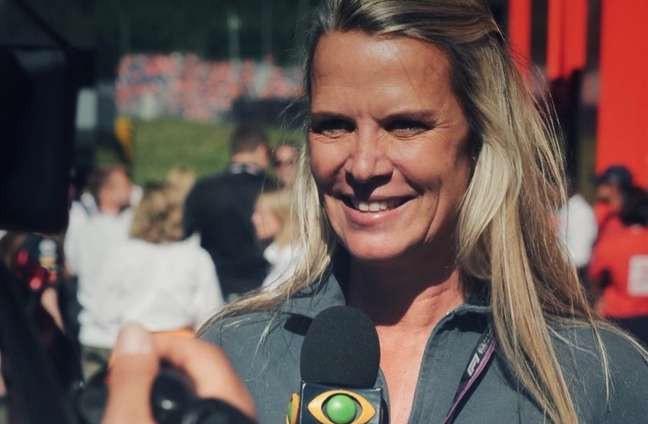
You recently published a book. Tell me about this project. How did the idea come about?
I have always traveled a lot and wrote about what I saw and experienced. With my career in journalism, more amazing things have happened and I’ve always written to friends or family. It wasn’t for the general public, but I wanted to share it with people, so I collected a third of the material I have and condensed it into a book.
With the editions sold out, are you planning to launch a second edition of ‘Não Inventa, Mariana’?
I did not think about it [numa segunda parte do livro]. Since it was my first experience with publishing a book, I get very shy in history. But since it’s sold out and people are enjoying it, maybe I’ll take a second? There is a lot of material, it’s a matter of editing.
And where does this adventurous and pioneering spirit come from?
From my family, from the education my parents gave me. Ever since I was a little girl, I’ve always been very nosy, I got into whatever medium I found interesting, I didn’t care if it was male or female. It wasn’t something that crossed my mind, because that’s not how I grew up. There were four women and one man at home, and we were created equal.
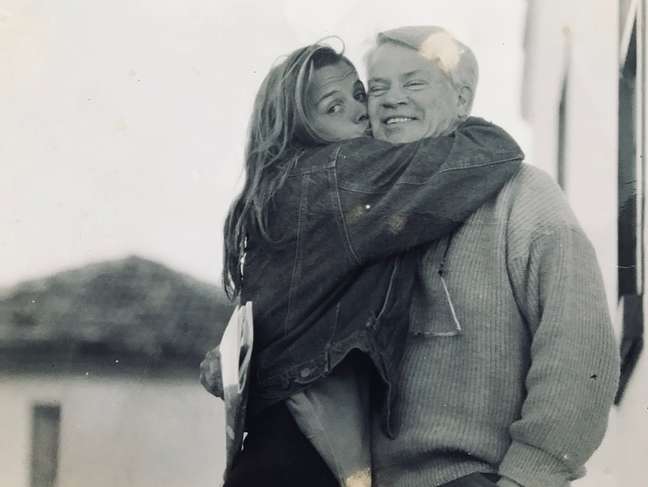
How has this experience helped or hindered you in sports journalism?
Growing up in such a home helped and hindered my career. It helped me, because I have never seen my father in my house say, “No, this is not a woman thing.” I’ve always been encouraged to do what I wanted, as long as I got it in my head. I never had this limiting topic, neither hidden nor explicit, so I went where I wanted. On the other hand, I only discovered the strength of prejudice after I started working, exposing myself more. I was wondering. “Why does someone like that talk to me like that? Why can’t I do something like that?”, You know? I think it started hitting me when my professional life started, because when you’re not working it’s easier to let you go. For example, I went surfing and the guy got on my wave, in front of me. I take another wave, no problem. It doesn’t matter much for my day, now, in the professional, it weighs more. In this I surprised myself and it annoyed me, because I didn’t know how to deal with it. I was not ready to face it.
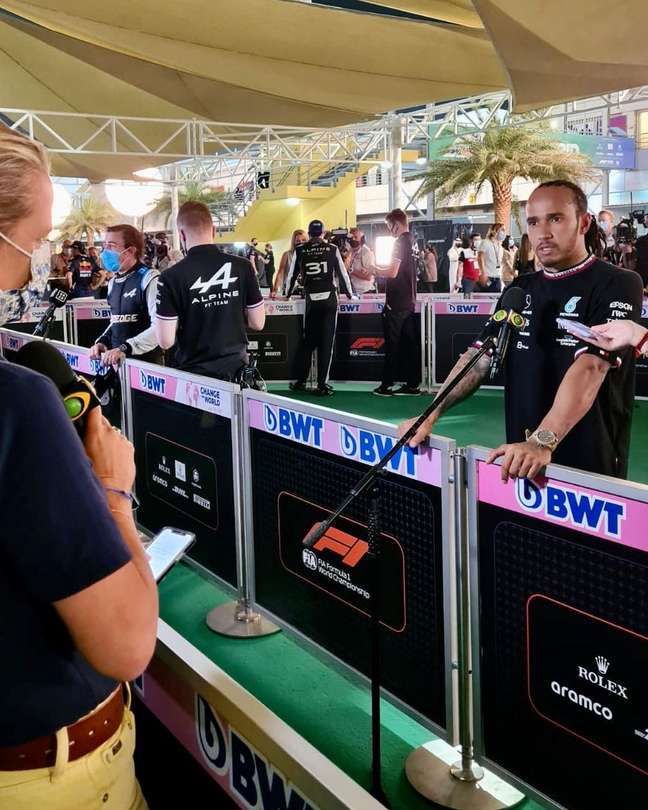
Today there are many prominent women in sport, but 15 years ago the scenario was different. Have you experienced delicate situations?
I’ve been through different situations, since I was doing an interview and I fell in love or the guy didn’t take me seriously, having to show that he understands what I’m talking about to my professional colleagues. I felt I was corrected in a more exposed and drastic way than a colleague who did the same. However, for a person who is training as a journalist, it is something that makes a difference. For someone who is learning, it is very difficult to endure these beatings.
What do you think is the worst situation you have gone through so far?
There was a time when I was covering the World Surfing Championship and I remember well a guy who approached me physically, in a very inappropriate way, in the sense that it involves the hand and the hug. On this I replied: “No! Who said you can put your hand on me like this?”. His argument was equally surprising. He said, “Hey, you’re all nice and now you’re not?” I said being kind is one thing, touching me is another.
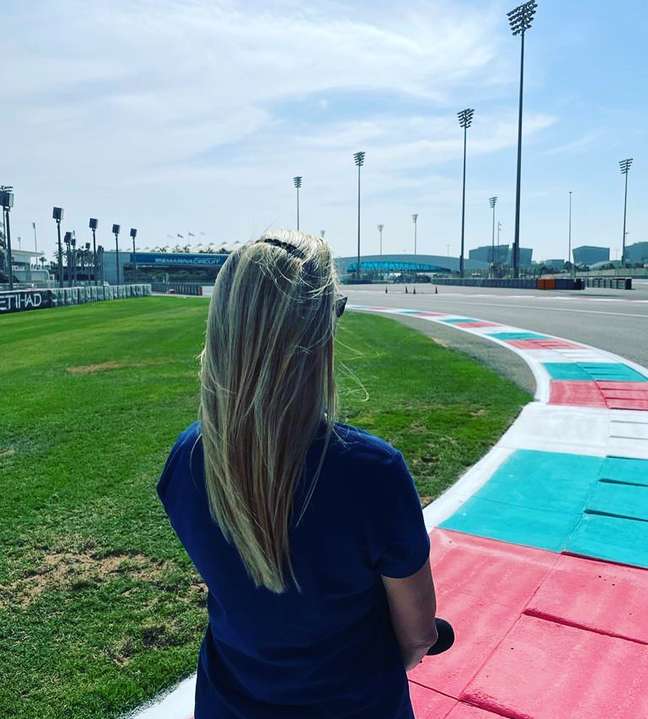
It has been 15 years dedicated to sports journalism, but in all there are almost 30 in the profession. How do you rate this? What are the next steps?
I hadn’t even noticed the time, what a horror. There are still three years left, I think I’ll celebrate somehow, I don’t know how yet. But one thing I know: I’m not going to stop. The time will come when I will get tired, but it hasn’t happened yet. The world still moves me a lot, I’m open to new covers and, who knows, new books.
* With editing by Estela Marques.
Source: Terra
Camila Luna is a writer at Gossipify, where she covers the latest movies and television series. With a passion for all things entertainment, Camila brings her unique perspective to her writing and offers readers an inside look at the industry. Camila is a graduate from the University of California, Los Angeles (UCLA) with a degree in English and is also a avid movie watcher.

